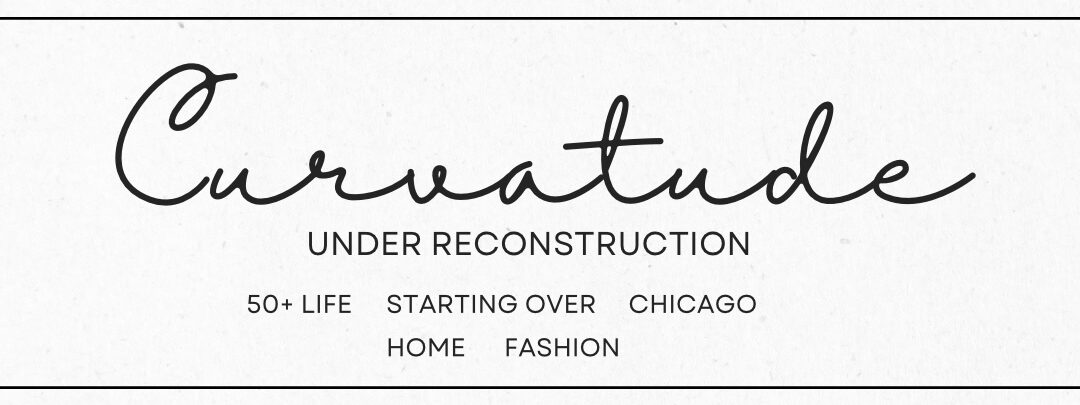31 Days of Breast Cancer Awareness – Potential Screening Test Risks
 Per the National Cancer Institute while its important to take proactive steps when it comes to breast health, not all screening tests are helpful and most present some degree of risk.
Per the National Cancer Institute while its important to take proactive steps when it comes to breast health, not all screening tests are helpful and most present some degree of risk.
Before having any screening test, you may want to discuss the test with your doctor. It is important to know the risks of the test and whether it has been proven to reduce the risk of dying from cancer.
The risks of breast cancer screening tests include the following:
Finding breast cancer may not improve health or help a woman live longer.
Screening may not help you if you have fast-growing breast cancer or if it has already spread to other places in your body. Also, some breast cancers found on a screening mammogram may never cause symptoms or become life-threatening. When such cancers are found, treatment would not help you live longer and may instead cause serious treatment-related side effects. At this time, it is not possible to be sure which breast cancers found by screening will cause symptoms and which breast cancers will not.
False-negative test results can occur.
Screening test results may appear to be normal even though breast cancer is present. A woman who receives a false-negative test result (one that shows there is no cancer when there really is) may delay seeking medical care even if she has symptoms.
One in 5 cancers may be missed by mammography. False-negatives occur more often in younger women than in older women because the breast tissue of younger women is more dense. The size of the tumor, the rate of tumor growth, the level of hormones, such as estrogen and progesterone, in the woman’s body, and the skill of the radiologist can also affect the chance of a false-negative result.
False-positive test results can occur.
Screening test results may appear to be abnormal even though no cancer is present. A false-positive test result (one that shows there is cancer when there really isn’t) can cause anxiety and is usually followed by more tests (such as biopsy), which also have risks.
Most abnormal test results turn out not to be cancer. False-positives are more common in younger women, women who have had previous breast biopsies, women with a family history of breast cancer, and women who take hormones, such as estrogen and progesterone. The skill of the doctor also can affect the chance of a false-positive result.
Mammograms expose the breast to radiation.
Being exposed to radiation is a risk factor for breast cancer. The risk of developing breast cancer from radiation exposure, such as screening mammograms or x-rays, is greater with higher doses of radiation and in younger women. For women older than 40 years, the benefits of an annual screening mammogram may be greater than the risks from radiation exposure.
The risks and benefits of screening for breast cancer may be different for different groups of people.
The benefits of breast cancer screening may vary among age groups:
* In women who have a life expectancy of 5 years or less, finding and treating early stage breast cancer may reduce their quality of life without helping them live longer.
* In women older than 65 years, the results of a screening test may lead to more diagnostic tests and anxiety while waiting for the test results. Also, the breast cancers found are usually not life-threatening.
* In women 35 years or younger who go to the doctor for breast symptoms, mammogram results may not be helpful in managing their care.
Routine breast cancer screening is advised for women who have had radiation treatment to the chest, especially at a young age. The benefits and risks of mammograms and MRIs for these women are not known. There is no information on the benefits or risks of breast cancer screening in men.
No matter how old you are, if you have risk factors for breast cancer you should ask for medical advice about when to begin having mammograms and how often to be screened.
Source: National Cancer Institute
Next Post: Ways to Potentially Cut Your Risks of Developing Breast Cancer

The big girls of BODacious Nights had a Breast Cancer Awareness Benefit a few months back and it was a VERY memorable experience.
Don't know if you know this or not but we have a petition for an additional meaning of bodacious to be listed officially in the us Merriam-Webster dictionary as a descriptive word for 'sexy fuller-figured person'.
http://www.WhatsYourNumber.ORG
Thanks
Have a Great and Blessed Day
The Wizard